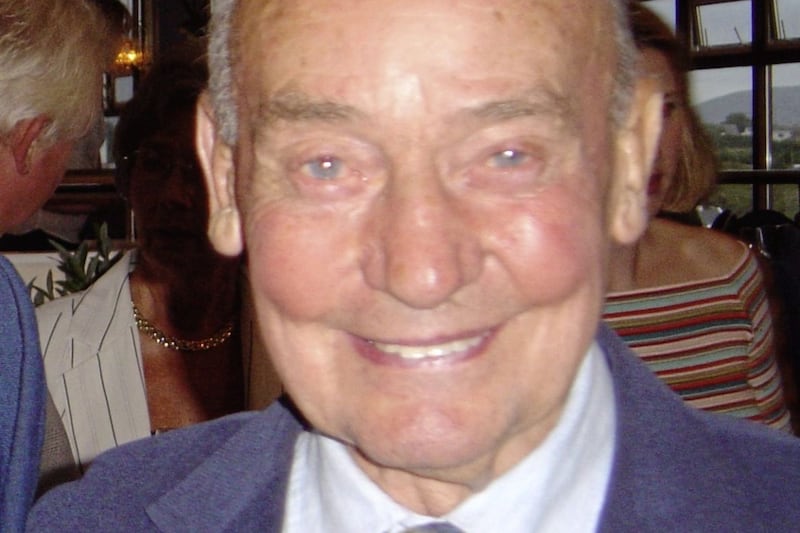AS the SDLP launches a year of events to commemorate the founding of the civil rights movement the party's former deputy leader Brid Rodgers recalls why she was compelled to stand against social injustice...
Fifty years on from the foundation of the civil rights movement it is important to take time to remember, to celebrate and appreciate the contribution of so many people from different walks of life and with different political allegiances to a movement which was the catalyst for the many changes we have seen over that half century.
For my own part as someone brought up and educated in Donegal and Dublin, moving to Lurgan in 1960 was quite a culture shock. In a town with a 47 per cent nationalist population, a block voting system resulted in a 100 per cent unionist representation. Being a Catholic meant your chances of getting a job were severely limited not to mention the problem of decent housing. I just felt that all the rhetoric from politicians coupled with intermittent campaigns of IRA violence were making things worse and changing nothing. Something had to be done.
So I got involved with the Campaign for Social Justice and subsequently the Northern Ireland Civil Rights Association.
What is really astounding is that in three short years 1968-1971 a well organised campaign of peaceful mass protest with an undeniably just cause brought about more change than the counterproductive rhetoric and divisive violence of preceding decades.
The infamous Derry Corporation was disbanded, universal suffrage was introduced for local government elections, planning and housing powers were taken away from local councils, a Fair Employment Commission was set up. Unfortunately some elements eventually introduced violence as a result of which the movement became discredited. It suited the opponents of change.
My experience in the movement convinced me of the need for a properly organized political party with clear policies and a strategy to build on the progress made. A party with a mandate. And so I joined the newly formed SDLP.
Next year will mark 50 years since the first marches for civil rights. All of us who walked on these marches did so to take on the fight for equality, rights and respect after many years of systematic discrimination in the north. Instead of just remembering the past, it is important that we use this anniversary to note the achievements of our struggle for civil rights but also that the struggle we began for still isn’t over.
It is absolutely true, that no one political party owns the history of the civil rights movement. However, we cannot deny that it has a special place in the history of the SDLP. My generation of young people who went on to form the SDLP, John Hume, Ivan Cooper, Austin Currie, to name a few – were burning with radical political ideas to change the face of Northern Ireland forever.
As we face into this significant anniversary we must resist any deliberate occupation of our history. As Colum Eastwood put it, we must always remember that "the vast majority of the nationalist and republican community always chose civil rights ahead of civil war".
People in our community choose politics to lead them to peace and to change. It is now for the next generation to deliver that change.
Poverty, discrimination, sectarianism, socio-economic inequality still plague our island today. Marriage and language equality has still not been achieved. But all of these can be.
We can rid our communities of this darkness – we can offer them hope, inclusion, opportunity and social justice. But we can only do that with a functioning government that focuses on the lives of it’s citizens not narrow political interests.
As we gathered in Derry yesterday to commemorate, celebrate and activate the spirit of the civil rights movement, the burning passion for equality and for justice flowed throughout the room, from young to old. The civil rights movement is as relevant now as it was then. It’s for the next generation to step up and lean in. The legacy and the future of the movement belongs to all of us.








